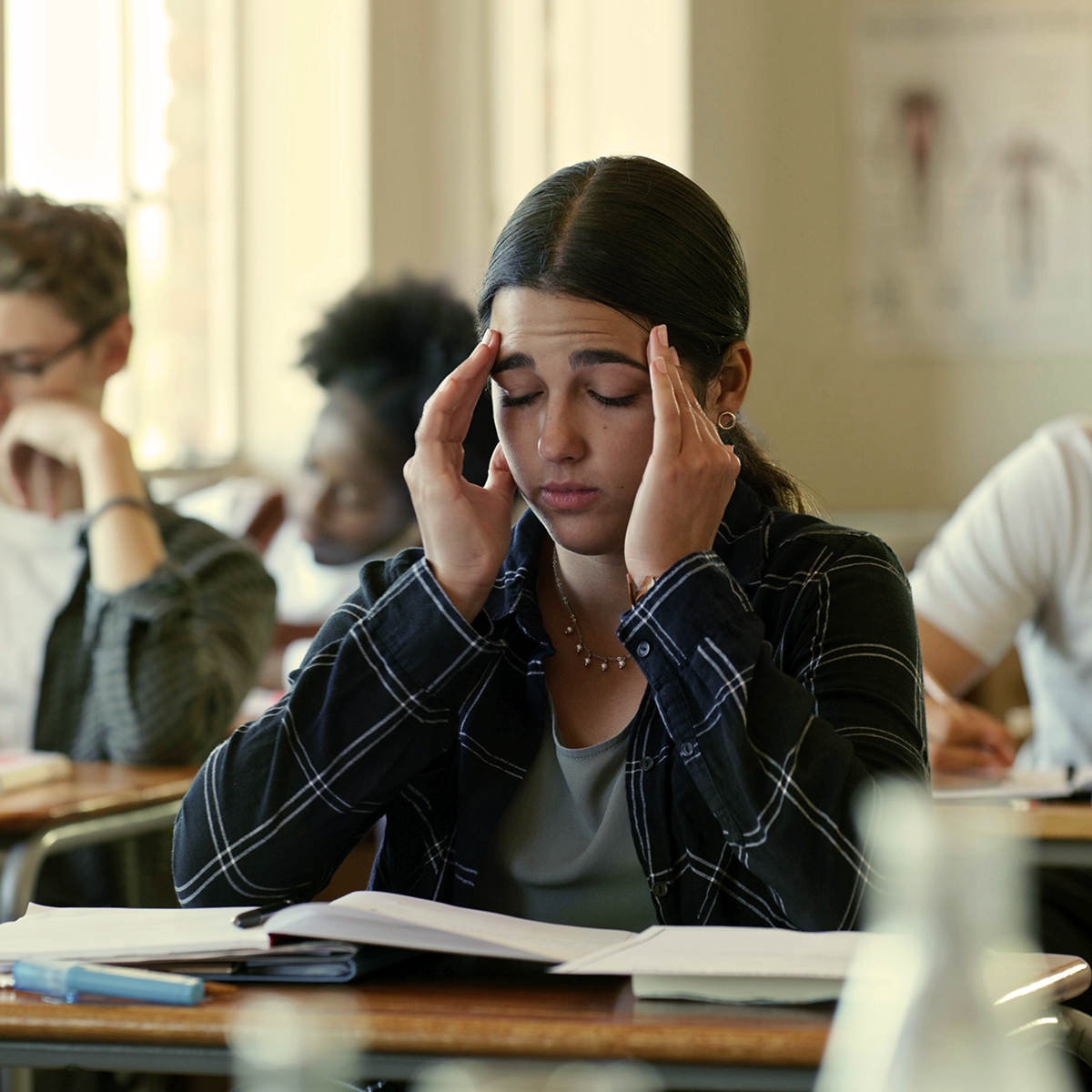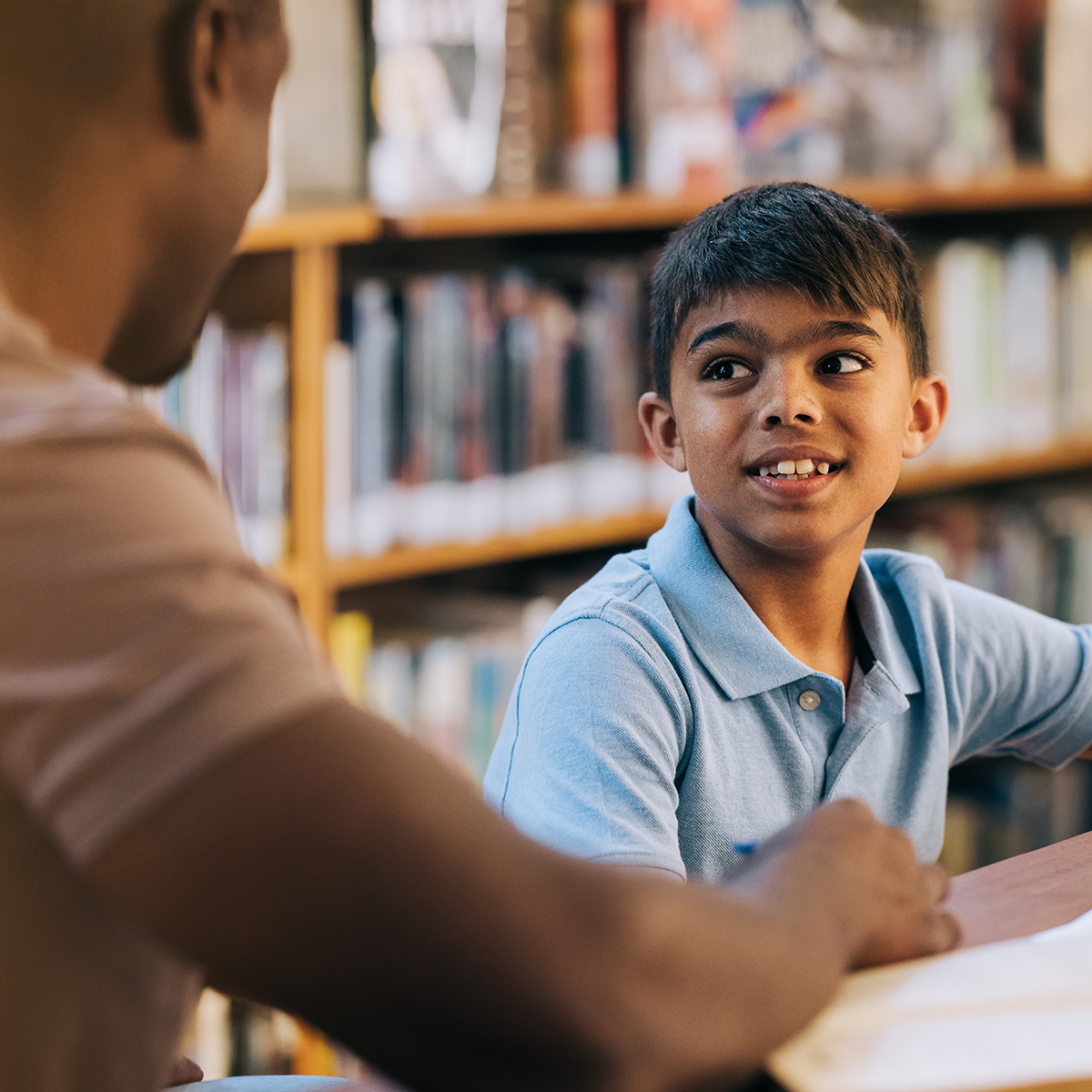
Let’s make behavioral health in schools as common as the school lunch.
Our children are in a mental health crisis, and their suffering often displays as problematic behavior. But data shows that schools are well-positioned to address kids’ mental and behavioral health, and that school-based programs can improve students’ academic achievement, social skills and self-awareness, and community connections.



